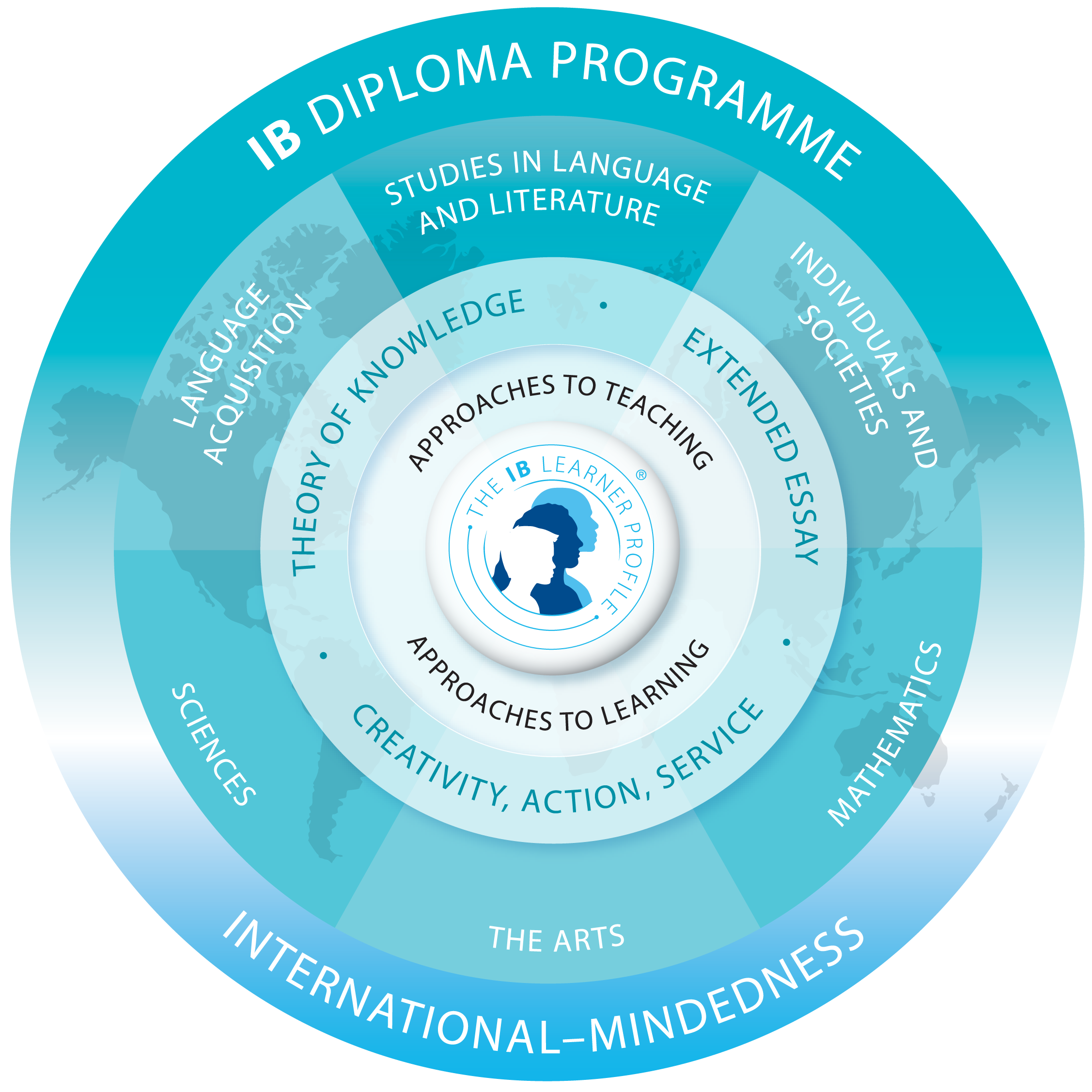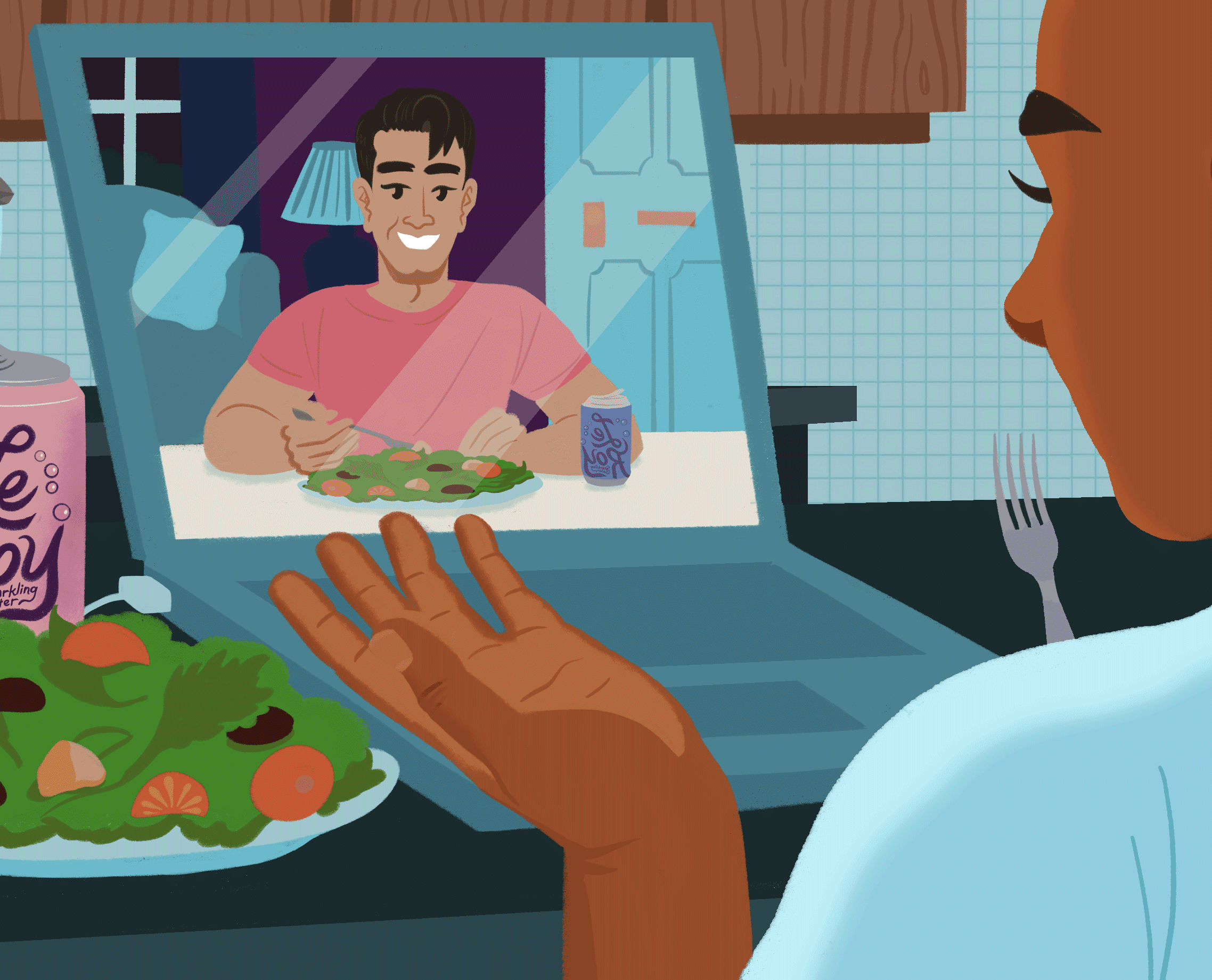By Shiraz Rimer, Laura Salem and Aurelie Weber (Y12)
Hey guys, if you’re reading this, you’re probably in Year 11 and have submitted your choices of IB subjects. If this is the case, you’ve clicked on the right article. Here you can find what to expect from some of the courses you may have chosen so sit back and relax, we’ve got you covered!
Languages –
English A Lit:
Boy oh boy. You better like to read! In the English Literature course, students study 13 works in HL and 10 works in SL. But don’t worry, a lot of the reading is done in class! However, ready is definitely a big part of the course so if you don’t enjoy novels, poetry, plays, etc… I wouldn’t recommend this course. On the other hand, if you do, go for it! You’ll learn the subtle art of commentary, the fun in analysis and read all sorts of literature! A lot of class time is dedicated to learning to interpret prose passages and poetry; it’s tough but once you get it, it feels pretty damn good.
French A Lit:
First of all, I must warn you; the french literature is not the same as the english literature course. Well, let me explain this clearly. The general overview of the course is the same, the exam, the work required, however, the approach is very different. In true “french fashion”, commentaries or “commentaire de texte” are very different to those in english. You have to be organised and follow your teacher’s advice “à la lettre”. Similarly to English Lit, there is a lot of reading so be prepared to dig into your Maupassant or Sartre! It’s an awesome course that teaches you loads!
French B:
French B is the perfect IB French course for any student that has a very high level of French but is not ready to commit to diving deep into the difficulty of French literature at a even higher level. French B covers very interesting day to day subjects whilst improving your french as a whole. Be prepared to do many comprehension exercises and do some reading along with quite a few oral presentations! This French IB course has just been adjusted to include comprehension questions from an audio. This is a new part of the course in which you will listen to an audio of people speaking about a topic in French, you will later have to answer questions based on this audio. This exercise will be included in your final exam along with a text and comprehension questions and finally a written exercise. Take French B to avoid Molière and the brutal French A oral presentation.
Spanish B:
Like French B, Spanish B is a great choice for someone with a high level of Spanish but is not fully comfortable in committing to it as a language A. In standard, you will not have to cover the literature part of the course whereas in HL, you will! This course is composed of mostly: reading comprehension, learning vocab (considering it is still a language B), and verb conjugation! The feedback from students in Spanish B is amazing, and one recurring praise I heard was that the class environment is amazing so that is definitely something to look forward to if you have taken this course!
World Languages:
World Languages… One of the students I talked to before writing this article went as far as to say that it was “the best choice (she) has ever made”! Since most students don’t actually end up taking this course, the class is ultimately set up in a tutoring setting, with only the student and teacher. This one on one set up allows for the class to go at the student’s speed. Taking this course gives students the opportunity to improve at a language they may not regularly speak, to learn more about the culture, and even literature if its taken at a B HL level or an A language. I
Pro tip: If you have chosen to take a world language, it is a great idea to write your Extended Essay on it as your supervisor will most likely be your teacher for the course, and as most times it is either a one on one or a very small class, they will have a lot of time to help you!
Humanities –
History:
Oh history! I’m biased but I think it’s one of the best subjects. The course covers a variety of different epoques: from Tsarist Russia to the first world war to the Israeli-Palestinian conflict to the Spanish civil war to the Nazis to the Cold War; there’s something for everyone. It’s a lot of work (even in SL!!) and you better like writing because there’s a lot of essays! You should be prepared to have to write many in class essays (it’s honestly the best way to learn- you’ll thank your teacher later! As Mr. Stack says: “Practice makes…better”) You also have to be able to remember some dates and quotes and evidence for your essays!
Economics:
Economics is a great subject, not only within the classroom but also in helping you understand how the world around you works. It offers explanations to things you often take for granted, such as: product placement, foreign politics and its policies. You definitely don’t have to be in math HL, or even SL to succeed in the course. The only math you’ll really need to do is if you take Economics HL, on paper 3, but it isn’t very difficult. This course is especially interesting because it uses several current, real world examples to understand its theory.
P.S: If you didn’t take Economics in 11th grade and have decided to start in 12th grade, don’t worry! A lot of people have done this and gotten great grades. Everything you need to know will be taught to you throughout your two IB years!
Philosophy:
To take philosophy or not to, that is the question. A less known subject, the Philosophy IB course is relatively new and definitely underrated. It’s one of the coolest humanities. It combines history (as you study philosophers from different eras: from ancient Greek philosophers like Socrates and Plato to the great rationalists like Descartes and Leibniz to modern thinkers like Freud and Merleau-Ponty!) and philosophy. You tackle big mind-boggling questions like “Do we have free-will?”, “What is the Self?” and “What does it mean to be human”. Be prepared to be confused and fascinated at the same time. Be ready to write essays and analyse texts too!
Geography:
Geography is a very alive subject. You learn about things that surround you every day! For example the IA is on the urban layout of Geneva and you get to go and collect results from the city itself. There’s a lot of writing but it’s more data analysis than essays. There’s also a lot of discussion and the teachers will always ask for your opinion and input in class.
Sciences –
Biology:
In my opinion, the best science… Don’t be fooled when people tell you it’s all about memorization, it takes A LOT more than a good memory to succeed in this course. Be prepared for a lot of note taking and a lot of labs. It is a good idea to take this course if you’re taking Chemistry, as a few topics overlap! The difference between HL and SL is not in the level of difficulty, but rather the depth you go into, so if Biology is a subject that is genuinely interesting to you, I highly recommended the two extra weekly periods and taking it as one of your highers!
Chemistry:
Chemistry IB is a very tough course to indulge into as it requires a lot of work. I definitely recommend taking the course in you’re interested in Chemistry specifically! You will get to finally do all the cool experiments you see on the internet that you always thought Chemistry was all about. I can’t promise that anything will explode in the new and improved chemistry classrooms but you will definitely get to see some cool stuff. Take the course but be prepared to work hard and do a lot of homework!
Arts –
Visual Arts:
Art! Seems easy, right? Wrong. Definitely an underrated class. In higher level, the course is divided into two parts. The first being comparative studies (occupying two of the six periods), and the second being project work and portfolio (occupying the other four periods). During comparative study, students analyze different artworks and compare them to each other, observing elements such as: the piece’s formal qualities, lines, shapes, and its different artistic aspects. During project work and portfolio, Art students are given very brief guidelines, for example: a 2D project, a 3D project, a digital project, and they must work on it. Art is described as a “very fun” class to take, involving A LOT of work not only in class, but also at home. Believe it or not it is actually one of the most time consuming courses the IB offers.
Music:
Another underrated class! At higher level, half of the course entails composing music and the other half is analyzing music. Needless to say you must LOVE music. The requirements aren’t many, 1) you must know how to play an instrument, and 2) you must know how to read music. Some classes are dedicated to producing and working on music and projects, other classes are spent studying and analyzing music. If this sounds appealing, Music is the course for you!



